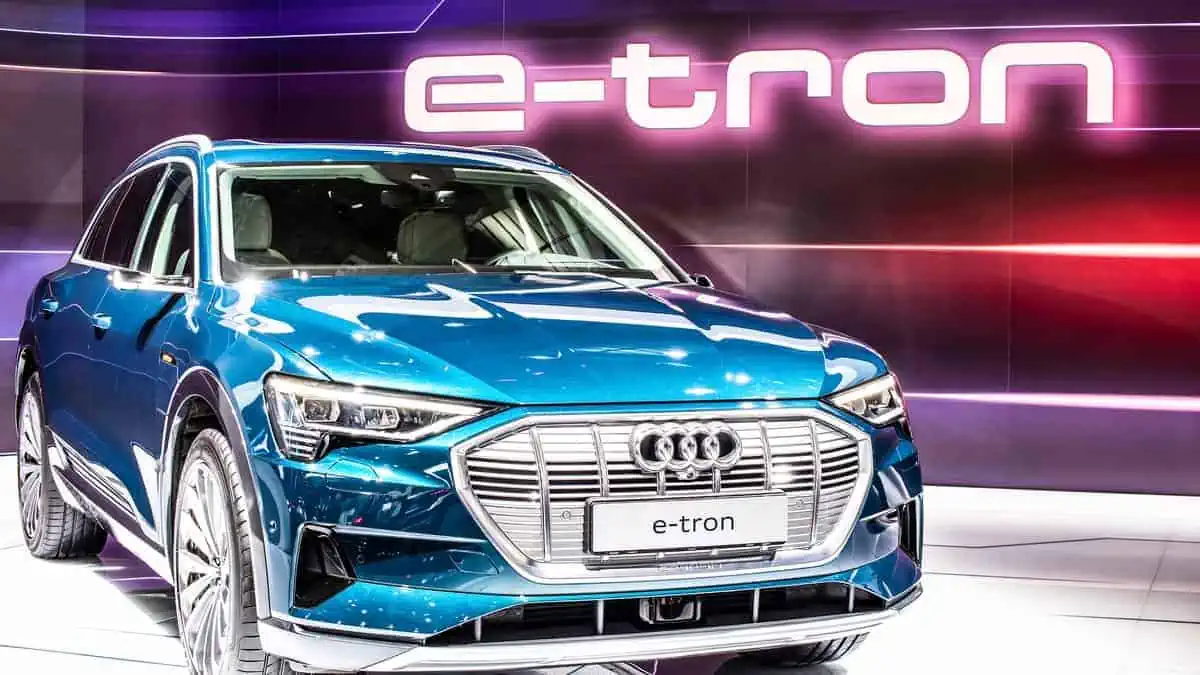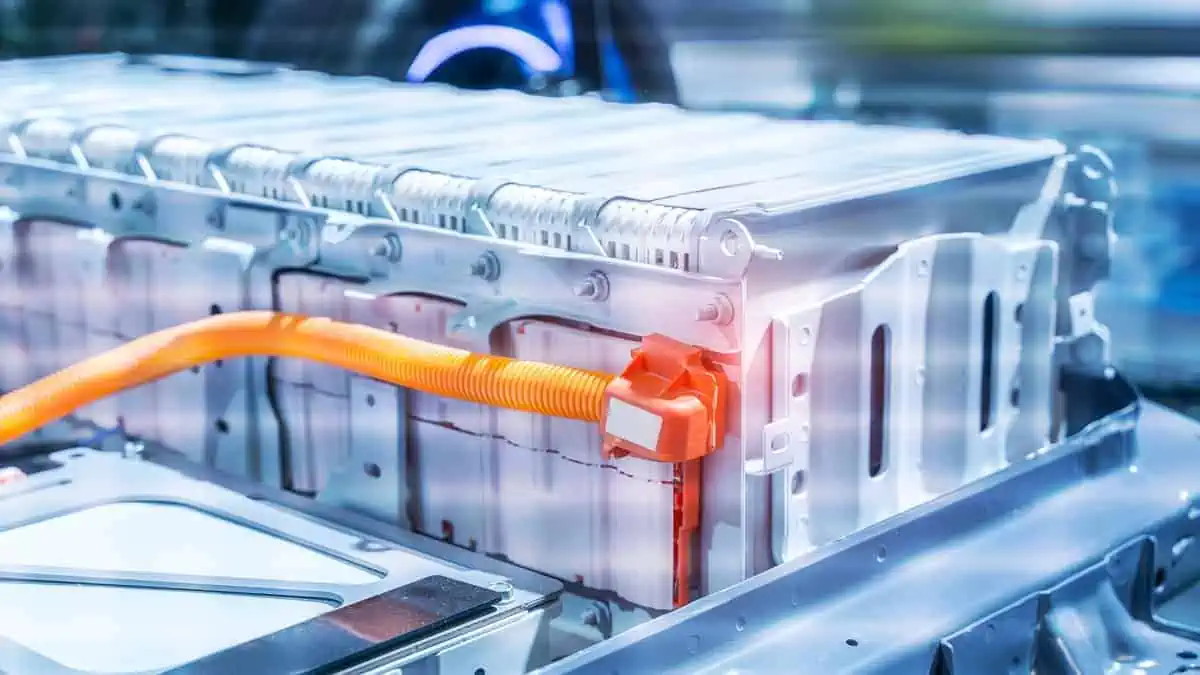China-made electric vehicles accounted for nearly a fifth (19.5%) of the total electric vehicle sales in the European market in 2023, according to Transport & Environment (T&E). With this basis, the non-governmental organization expects that rate to increase to 25% in 2024.
T&E forecasts
T&E indicated in its latest analysis that one in every four electric vehicle sales in Europe would come from China this year.
For context, China-made Tesla, Dacia, and BMW electric vehicles have largely contributed to Chinese imports into Europe. However, T&E predicts that Chinese brands’ share of the European electric vehicle market will hit 11% this year. The NGO also expects this rate to increase to 20% in 2027.
According to the report, this forecast considers a linear growth in Chinese electric automakers’ market share over the past two years. However, Chinese industry leader BYD alone aims for a 5% share of the European electric car market by 2025.
EU to enforce import tariffs for electric vehicles
European electric automakers risk losing ground against cheaper China-made offerings on their home turf if the European Union fails to take the necessary measures.
In that sense, the EU mulls import tariffs to counter alleged “unfair” subsidies for China’s electric vehicle industry.
Increasing the tariff on all vehicle imports from 10% today to at least 25% would make Chinese-made medium-sized sedans and SUVs more expensive than their European counterparts. However, Chinese-made compact SUVs and larger cars will remain relatively cheaper than local brands despite the import tariff.
How can the EU fend off Chinese rivals?
The NGO emphasized that Europe must bolster mass-market electric vehicle production and solidify its battery supply chain so that local electric automakers can compete with Chinese companies.
The planned import tariffs will also encourage domestic electric vehicle manufacturing, which can boost the local industry.
However, such an initiative cannot protect European brands for long as Chinese companies will only start developing local factories to avoid the tariffs.
“Tariffs will force carmakers to localise EV production in Europe, and that’s a good thing because we want these jobs and skills. But tariffs won’t shield legacy carmakers for long. Chinese companies will build factories in Europe and when that happens our car industry needs to be ready.”
Therefore, T&E calls for the EU to also boost electric vehicle production alongside the higher import tariff. It includes electrification goals for company car fleets by the decade’s end, apart from the approved 100% clean car pursuit in 2035. It also recommends that the government offer subsidies for clean and circular production and “Made in EU” targets to attract domestic battery cell production, given that China-made cells are at least 20% cheaper than in the region. Without these two in place, the NGO calls for the EU to also enforce tariffs on battery cell imports.






